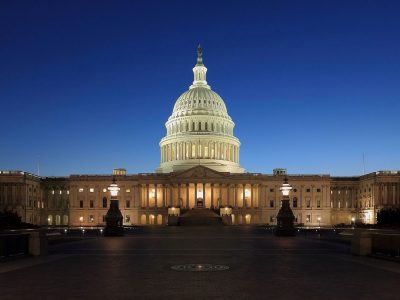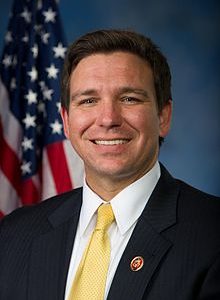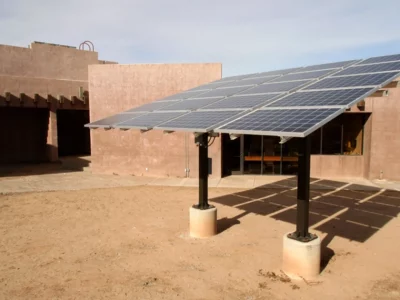Region: National
Methane Action in 2022: Project Climate’s Year In Review
A short summary of efforts to tackle the super pollutant.
Co-authored with Gil Damon, CLEE Methane Research Fellow. 2022 proved to be a big year for methane—the flammable gas that accounts for 30 percent of Earth’s anthropogenic warming. Methane forms when organic material decomposes in sealed spaces and is released in the agriculture, waste disposal, and energy sectors. In terms of warming, methane is a …
Continue reading “Methane Action in 2022: Project Climate’s Year In Review”
CONTINUE READINGThe Most Important Environmental Story Of The Week
Fossil Fuel Interests Corrupt Media
No, it’s not the Biden Administration’s successful push to electrify tens of thousands of USPS vehicles. It’s how Matrix LLC, a consultant in the southeast with significant investments in the energy sector, made massive payments to local media outlets to slant their coverage in favor of dirty power and exorbitant electricity rates. Consider Alabama Power, …
Continue reading “The Most Important Environmental Story Of The Week”
CONTINUE READINGClimate Rides the Omnibus
The year-end law gives a boost to climate-related spending
The omnibus spending bill is by no means a “climate law.” Because it spans the entire government, though, it has many provisions relating to climate change. They aren’t dramatic step forward. But the fact that they can pass as part of a bipartisan spending law is a sign of how climate change is slowly becoming …
Continue reading “Climate Rides the Omnibus”
CONTINUE READINGKeep on Trucking
A new rule will clean up exhaust from new diesels, a major health threat.
Last week, EPA finalized its new rule imposing emission limits on new heavy trucks. The new regulation was clearly a massive undertaking. EPA’s formal announcement of the new rule is 1100 pages long. The accompanying summary of comments on the proposed rule and EPA’s responses is another 2000 pages. This is partly due to the …
Continue reading “Keep on Trucking”
CONTINUE READINGA Great Victory For Electric Cars
But Beware: Neanderthal GOP Judges Are Waiting To Strike It Down
With all the attention being paid to Volodymyr Zelenskyy’s visit to Washington, and the release of the January 6th Committee, you might have missed the (second) most important environmental story of the week: The U.S. Postal Service will buy 66,000 vehicles to build one of the largest electric fleets in the nation, Biden administration officials …
Continue reading “A Great Victory For Electric Cars”
CONTINUE READINGThe Transport Decarbonisation Alliance at COP27
Call to Action on Active Mobility and Deep Dive on Clean Trucks
Last month at COP 27 in Egypt, CLEE partnered with the Transport Decarbonisation Alliance (TDA) and the California Air Resources Board (CARB) as chair of TDA, to convene experts to discuss some of the major next steps in clean transportation. While avoiding the worst of climate change requires a rapid increase in the pace of …
Continue reading “The Transport Decarbonisation Alliance at COP27”
CONTINUE READINGAnother Battle in the ESG Wars
Another Trump rollback undone, another step forward for sustainable investing.
Some call it ESG — the growing attention of big investors to a company’s record Environmental, Social, and Governance issues. Some call it responsible investing. Others call it “woke.” On Nov. 22, the Biden Administration notched a victory in this ongoing battle, allowing ESG investments by private pension plans. Those plans now hold roughly $13 …
Continue reading “Another Battle in the ESG Wars”
CONTINUE READINGDeSantis and the Environment
A Little Bit of Nepotism and a Lot of Everglades Protection.
Compared to Donald Trump, Ron DeSantis is practically a Greta Thunberg on environmental issues. Of course, by the same token, I’m practically a Steph Curry on the court compared to Danny DeVito. Sarcasm aside, DeSantis is pretty good on environmental issues for a Republican. But he rarely mentions climate change, and his record on renewable …
Continue reading “DeSantis and the Environment “
CONTINUE READINGWasting Gas
A proposed rule limiting flaring and venting of natural gas is a win for everyone except greedy oil and gas operators.
Yesterday, the Interior Department posted a proposed rule to limit flaring and venting of natural gas on public lands. The rule will be good for everyone except the oil and gas operators who waste the gas, increasing methane and carbon emissions while giving the public nothing in return. The rule is clearly a step in …
Continue reading “Wasting Gas”
CONTINUE READINGClimate Change and Indian Country
The tribes are on the front lines of climate change.
In light of Native American Heritage Day last Friday, we should also be thinking about the future of the tribes in the era of climate change. Tribes face serious challenges from climate change, but also some potential opportunities. In terms of climate impacts, many tribes are at high risk. Tribes are especially vulnerable to climate …
Continue reading “Climate Change and Indian Country”
CONTINUE READING












